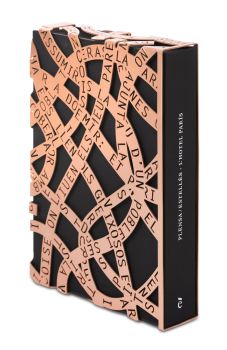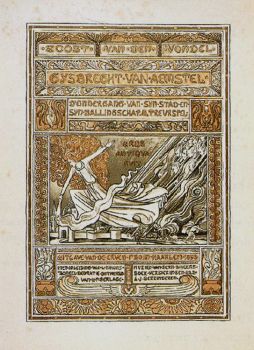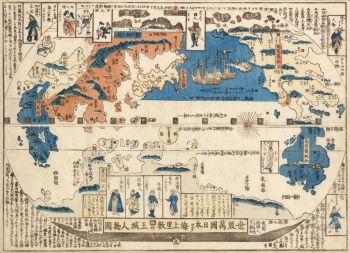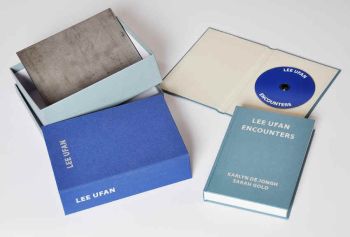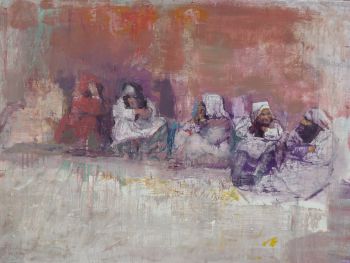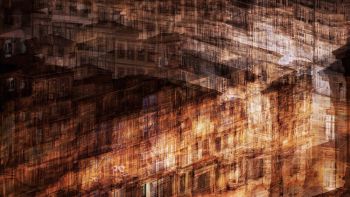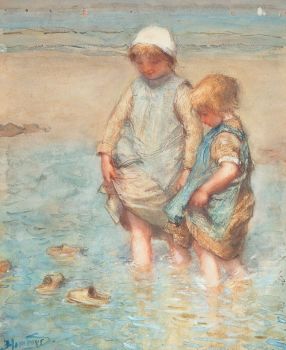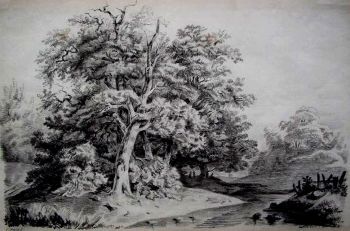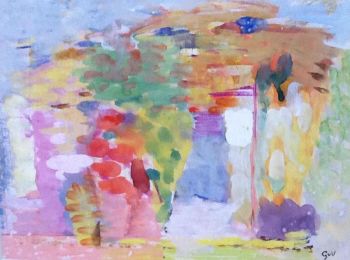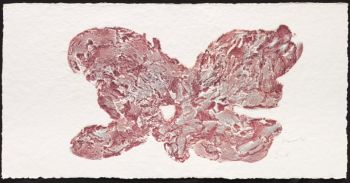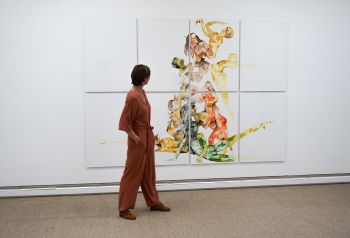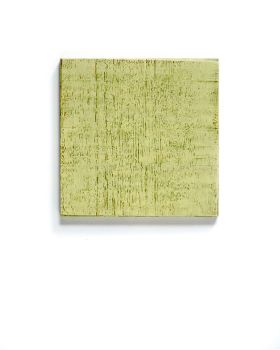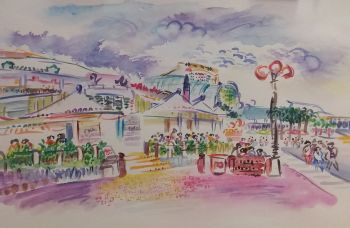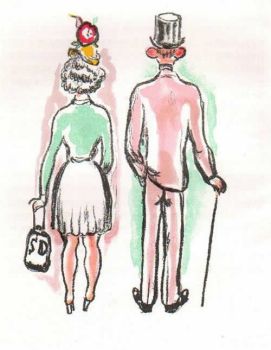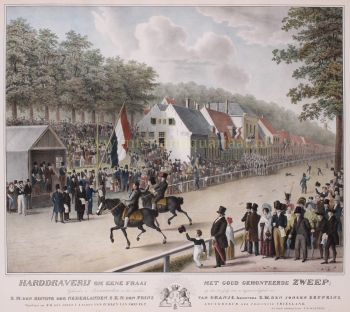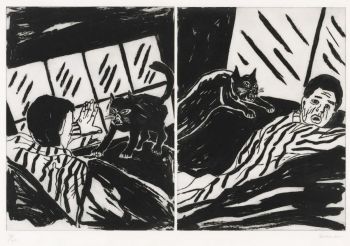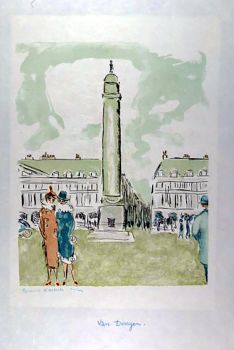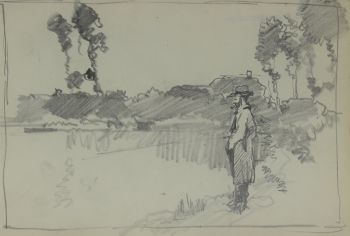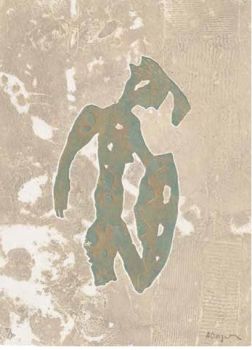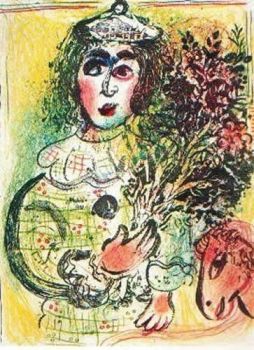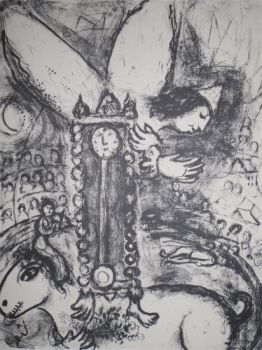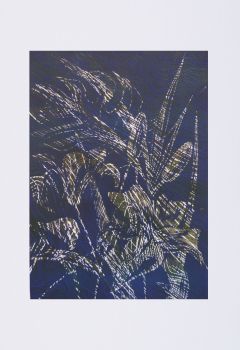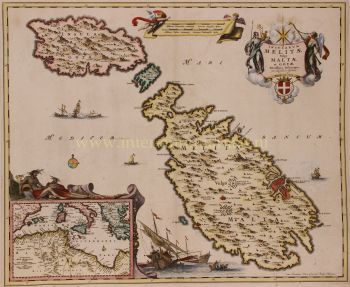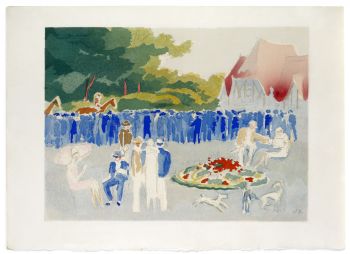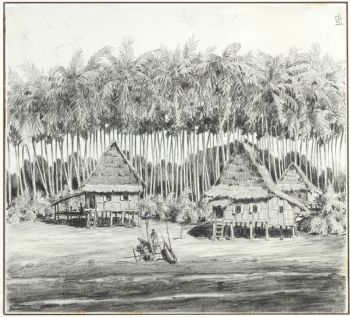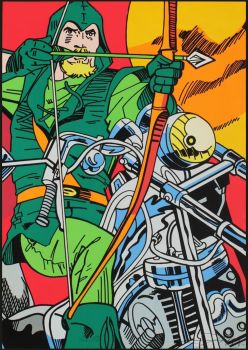Portuguese break 1546 Muslim siege of Diu in Gujarat 1548
Diogo de Teive
TintaPapelCouro
ConditionExcellent
Atualmente indisponível via Gallerease
- Sobre arteCom[m]entarius de rebus in India apud Dium gestis anno salutis nostrae M. D. XLVI.
Coimbra, (colophon: produced by João de Barreira and João Álvares, printers to the King), 1548.
Small 4to (18.5×13.5 cm).
With woodcut arms of King João III of Portugal on title-page.
Set in Peter Schoeffer the younger's Parangon (121 mm/20 line or 18 point) italic and with an extremely early use of Claude Garamont's Canon roman (not previously recorded before 1549).
Gold-tooled red sheepskin (18th-century refurbished in the 19th century).
First edition, in Latin, of a report on the Portuguese in India and especially on their defeat of the Muslim Gujarat Sultanate at the second siege of Diu in 1546, written by the Portuguese humanist Diogo de Teive (ca. 1514-ca. 1570). The book opens with a 4-page dedication to King João III, dated 1 March 1548, and two verses (each occupying a full page), followed by the main text, dated August 1547.
The Portuguese reached India in 1498 (and regarded it as their property under the 1494 Treaty of Tordesillas concluded with Spain) but in the early years they met stiff resistance from the Gujarats, supported at various times by the Mamluks and the Ottoman Empire. Although they never penetrated far inland, the Portuguese gradually came to dominate the coastal areas, in particular expanding their territory and power in northwest India from 1509 to 1546. In 1546 the Gujarats under Khoja (or Khwaja) Sofar tried to retake Diu, lost in 1509, but after a seven-month siege they were routed by the Portuguese fleet under João de Castro. This established the European colonial power and the European spice trade in India (including what is now Pakistan), where Portugal was to be followed by the Dutch and especially England before most of India finally gained its independence in 1947. Small parts, including Diu, remained in Portuguese hands until 1961.
Trimmed, shaving an accent on the title-page and the running head on a few pages, but otherwise in good condition, with some minor defects. The binding has several worm holes and the spine is damaged and partly restored. A contemporary account of the Portuguese defeat of the Muslim forces in Gujarat in 1546.
Palau 328839; USTC 343307. - Sobre artistaDiogo de Teive (ca.1514 - ca. 1569) foi um humanista, um latinista e um estudioso nascido em Braga, em Portugal. Ele passou a maior parte de seus anos de formação no exterior, na Europa. Ele voltaria a Portugal por iniciativa de D. João III de Portugal. Diogo de Teive foi acusado de protestantismo pela Inquisição portuguesa, e condenado à prisão em 1550. No entanto, Teive não fugiu do país, era filiado à família real portuguesa e ao tribunal, onde foi erudito e clérigo. Diogo de Teive escreveu tragédias em latim e várias obras históricas e filosóficas.
Artwork details
Categoria
Assuntos]
Material e Técnica
Related artworks
Tilmanus Nicolaus Maastricht
Missale Romanum com montagens de prata holandesa1788 - 1792
Preço em pedidoJacob J. Roosjen SRI
Engelbert Kaempfer
LIVRO ENGELBERT KAEMPFER1651 - 1716
Preço em pedidoZebregs & Röell - Fine Art - Antiques
Yoko Ono
YOKO ONO: "ARISING" SIGNED BOOK PLUS SMALL ARTWORK 2010 - 2014
Preço em pedidoGallerease Selected
Tilmanus Nicolaus Maastricht
Missale Romanum com montagens de prata holandesa1788 - 1792
Preço em pedidoJacob J. Roosjen SRI
LAWRENCE WEINER
"SKIMMING THE WATER [MENAGE A QUATRE]" Signed book plus small artwork2010 - 2014
Preço em pedidoGallerease Selected
1 - 4 / 22- 1 - 4 / 4
- 1 - 4 / 24

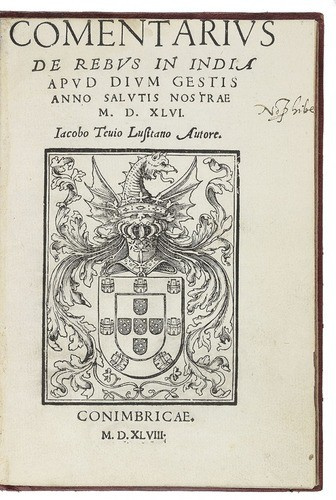
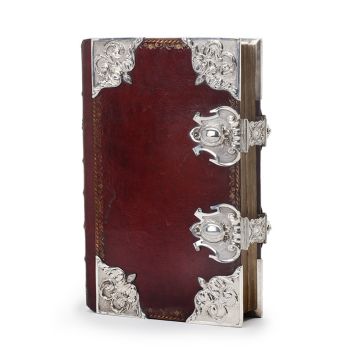
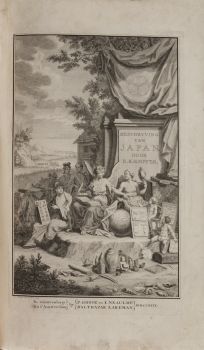
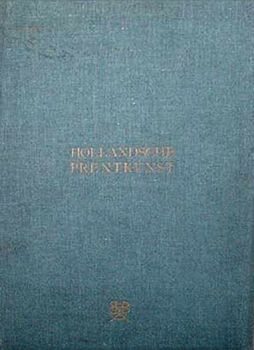
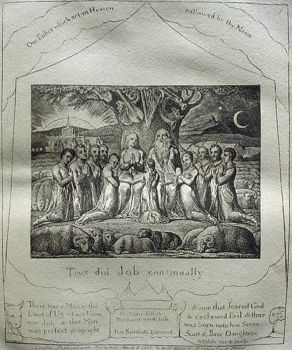
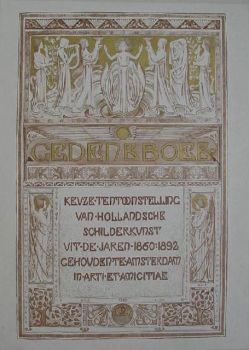
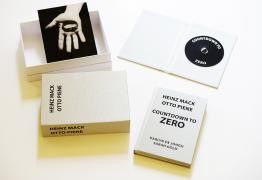
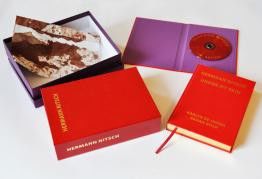
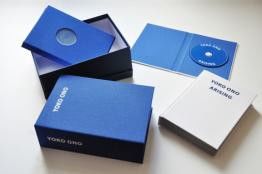
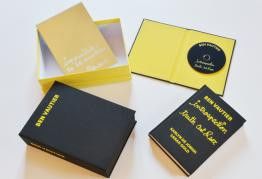
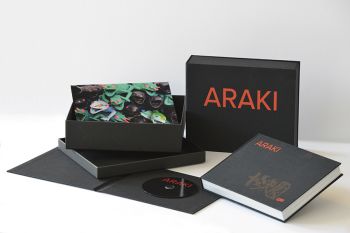

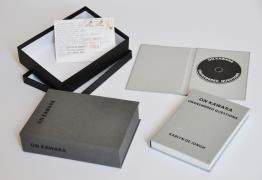
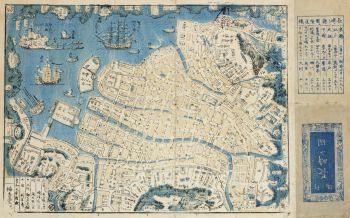
!["SKIMMING THE WATER [MENAGE A QUATRE]" Signed book plus small artwork by LAWRENCE WEINER](https://media-2.gallerease.com/images/442bfd5f-fc31-4e18-a2fa-ee0c08eade64/350x350/skimming-the-water-menage-a-quatre-signed-book-plus-small-artwork.jpg)
